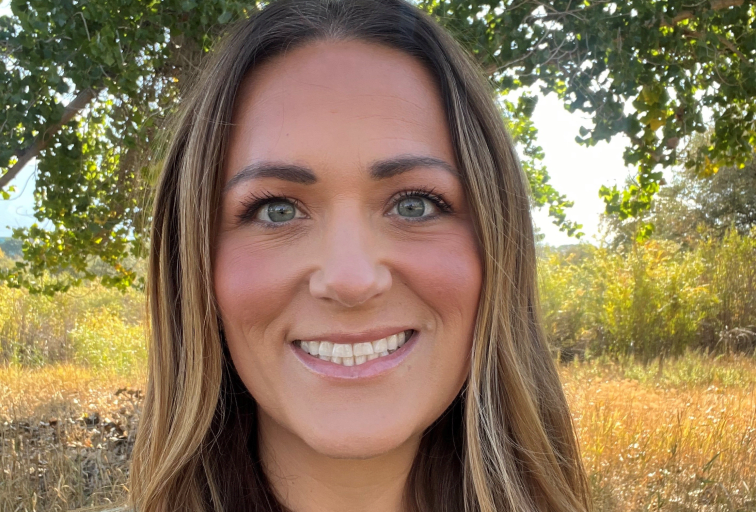Seizing Big Opportunities with Small Banks

After dedicating almost 13 years of my career at one of the largest banks in the United States, I made a bold move: I transitioned to a community bank. What some colleagues viewed as a self-imposed regression has proven to immensely elevate the trajectory of my career. In the world of commercial finance, the move to a smaller institution has brought clarity, agility, and influence that became evidently unattainable in a big-bank environment.
At a large bank, I benefitted from robust resources, name recognition, and a structured regiment, but at the same time dealing with layers of red tape, rigid credit boxes, and deeply siloed processes. Client relationships were often transactional, with decisions made via distant credit committees who’d never visited the properties or engaged with the borrowers. This ultimately produced a risk appetite driven by national headlines, not local realities.
Another key difference is portfolio size. At a big bank, I was tasked with managing a large-scale portfolio that made it difficult to build meaningful relationships and assess a client’s long-term goals. The pressure to produce volume overshadowed the ability to provide thoughtful, personalized services. At a community bank, the portfolio size is smaller by design. This promotes deeper client engagement through a comprehensive understanding of their business model and an emphasis on strategic advising. The result is deeper loyalty, more repeat business, and a higher sense of professional fulfillment. Instead of championing volume, we prioritize value.
At a community bank, I’ve found a nimble, relationship driven model that thrives on local knowledge and personalized service. Our clients aren’t simply account numbers—they are the business owners, developers, and entrepreneurs building our communities. I now sit at the table with executive leadership to shape credit policy and structure deals that best align the client’s goals with the bank’s risk tolerance. My ideas are heard and implemented. Whether we are funding a ground-up construction project, helping finance new equipment, or utilizing Small Business Association (SBA) lending to support a company’s growth phase, we work closely with clients to craft flexible solutions that serve their goals.
The career benefits have been profound. With fewer internal barriers, I’ve continued developing broader expertise spanning across credit, operations, and portfolio management. I’ve gained a clearer understanding of how my work directly impacts the bottom line. Most importantly, I’ve built deeper connections with clients and colleagues alike that are built on relationships, not transactions.
This shift has also helped me expand creatively. Community banks often specialize in solutions that larger institutions won’t touch, not because of risk, but because the deal doesn’t fit a template. In community banking, we are encouraged to evaluate the nuance of a project and craft financing solutions that support growth in our local economy. In commercial finance, where every opportunity has unique timing, zoning, and dynamics, this flexibility is invaluable.
For women in commercial finance, community banks also offer another advantage: visibility. At a smaller institution, your contributions are seen, your impact is felt, and leadership opportunities are more accessible. The mentorship and sponsorship I’ve received since joining a community bank has accelerated my growth professionally in ways that were simply unavailable at a larger organization.
To those considering working with a community bank, I offer this: don’t underestimate the power of small banks. They are engines of opportunity for both clients and the professionals who serve them. In today’s competitive market, community banks offer the agility, creativity, and human connection that commercial clients crave, and banking professionals can thrive under.
Big opportunities often wear small labels. The smartest career move I made was looking beyond the brand name and searching for the hidden potential found within community banking.
Jamie Booth, VP / Commercial Relationship Manager, Altabank
Jamie Booth is a commercial banker who built her career at one of the nation’s largest banks before making the bold leap to community banking. After more than a decade in big-bank finance, she chose Altabank to do what the giants can’t—deliver bold, personalized solutions and forge the kind of partnerships that fuel real business growth. Today, she helps business owners unlock growth with creative lending strategies, proving that smaller institutions can deliver bigger opportunities through agility, partnership, and vision.
Connect on CREWbiz